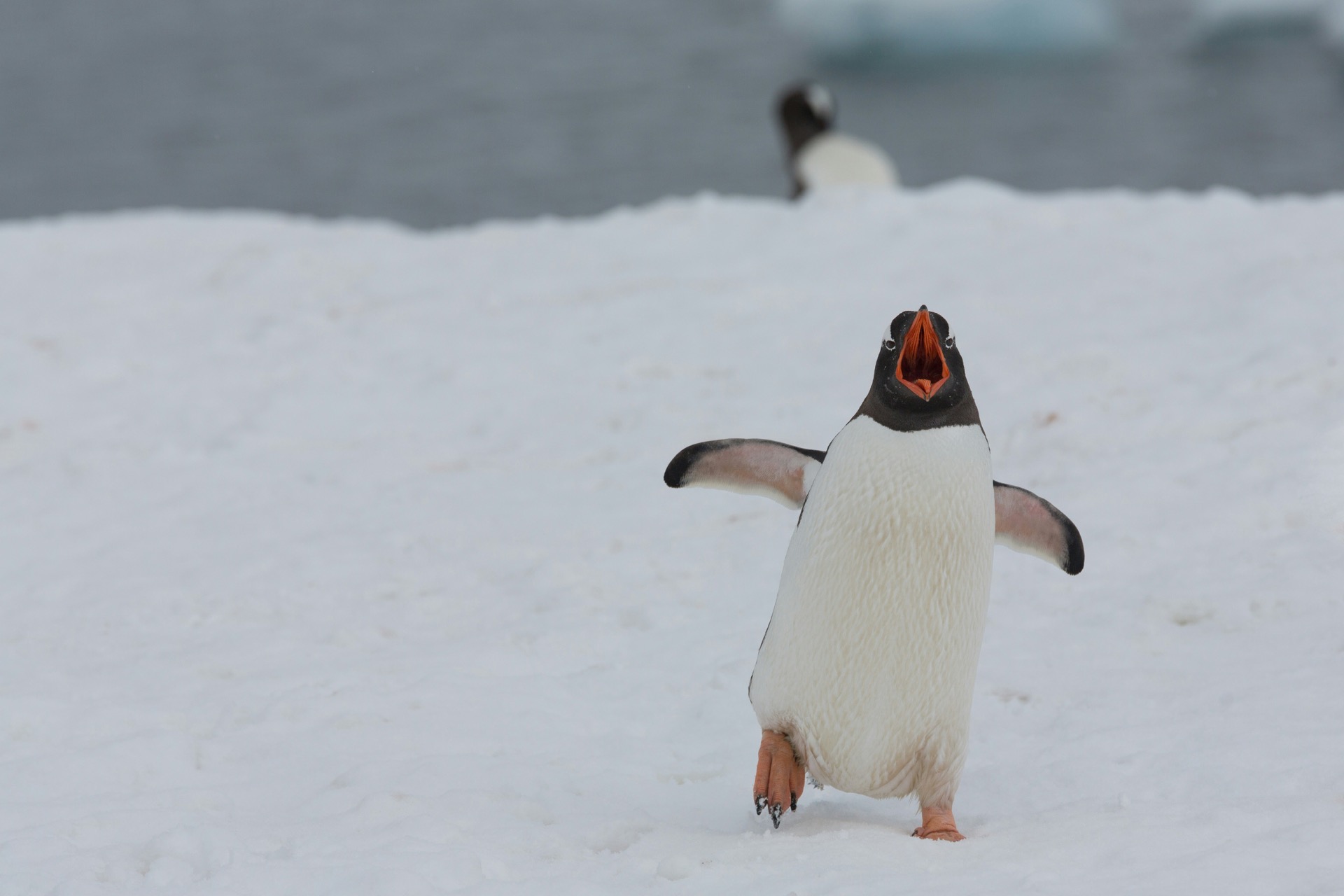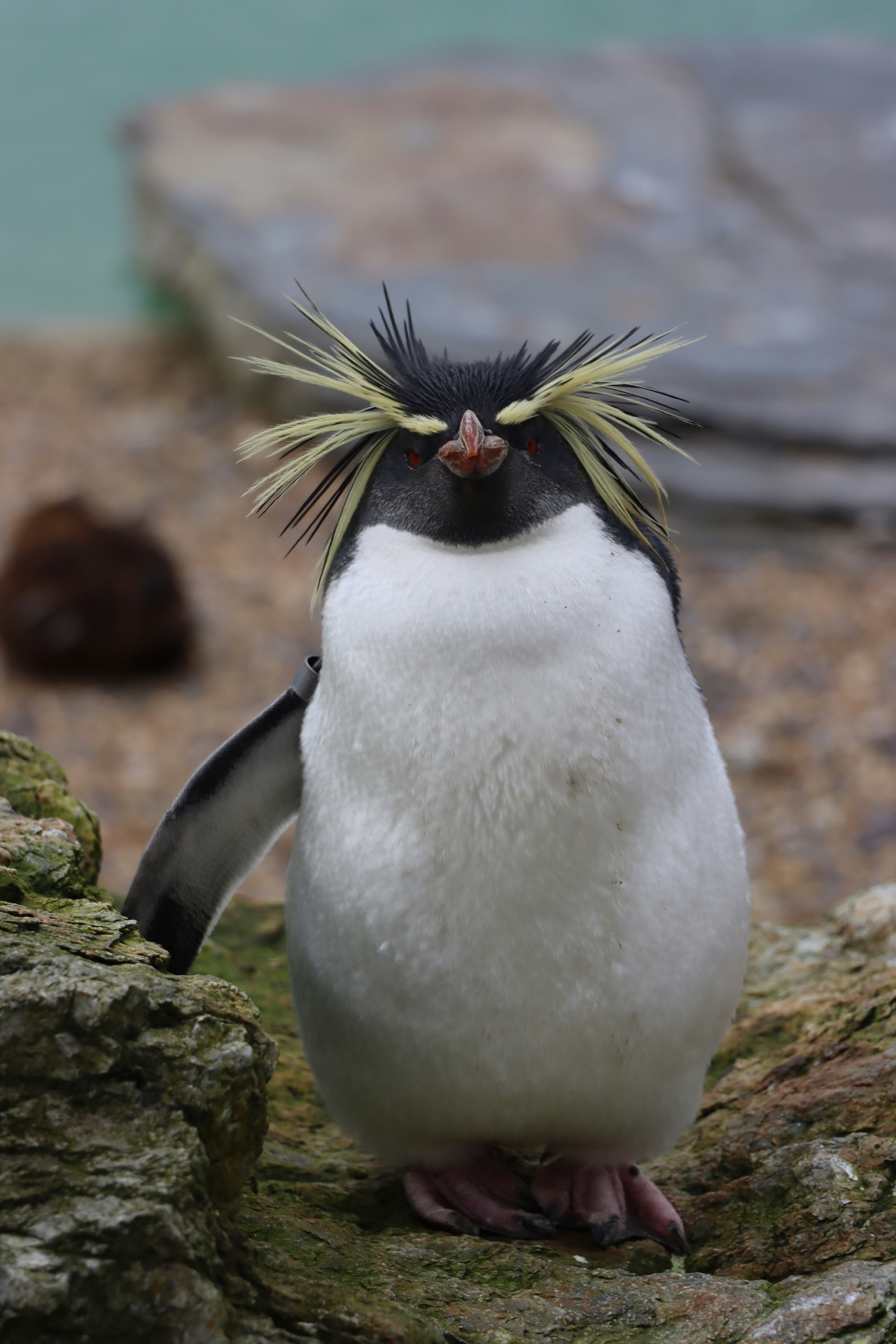
Penguins!
Penguins are fascinating flightless birds found primarily in the Southern Hemisphere, especially in Antarctica. They are well-known for their distinctive black and white coloration, which helps camouflage them while swimming. These birds have excellent swimming abilities and are highly adapted to life in the water, with their wings evolved into flippers that allow them to navigate through the ocean with precision.
Penguins are social animals that often form large colonies for breeding and protection. They exhibit complex mating rituals and are typically monogamous during a breeding season. These birds are excellent parents, with both males and females sharing responsibilities such as egg incubation and chick feeding. Emperor penguins, in particular, are known for their remarkable parenting behavior, enduring harsh Antarctic winters to protect their young.
Despite their charming and comical appearance, penguins face threats in the wild, including climate change, habitat destruction, and overfishing. Conservation efforts are crucial to protect these unique birds and their habitats. Many research initiatives focus on understanding penguins' behavior, biology, and responses to environmental changes to ensure the long-term survival of these beloved creatures.

Emperor penguins are the largest and arguably the most iconic species of penguins, known for their resilience and adaptations to the harsh Antarctic environment. These majestic birds have a distinct appearance with a striking black and white plumage, orange patches on their necks, and a vibrant yellow-orange color on their ear patches. Emperor penguins are known for their unique breeding habits, traveling long distances to their breeding grounds on the sea ice during the Antarctic winter.
Emperor penguins exhibit fascinating behaviors to survive in extreme conditions, including forming tight huddles to conserve body heat and protect themselves from the freezing temperatures. They undertake extraordinary journeys to forage for food and are skilled hunters, primarily feeding on fish, squid, and krill. Despite facing environmental challenges such as melting sea ice due to climate change, emperor penguins demonstrate remarkable adaptability and resilience in their struggle for survival in one of the harshest environments on Earth.